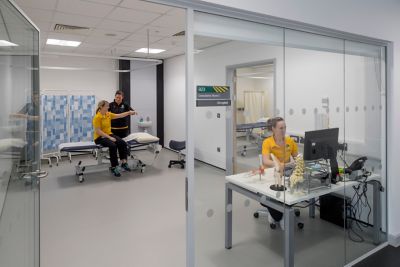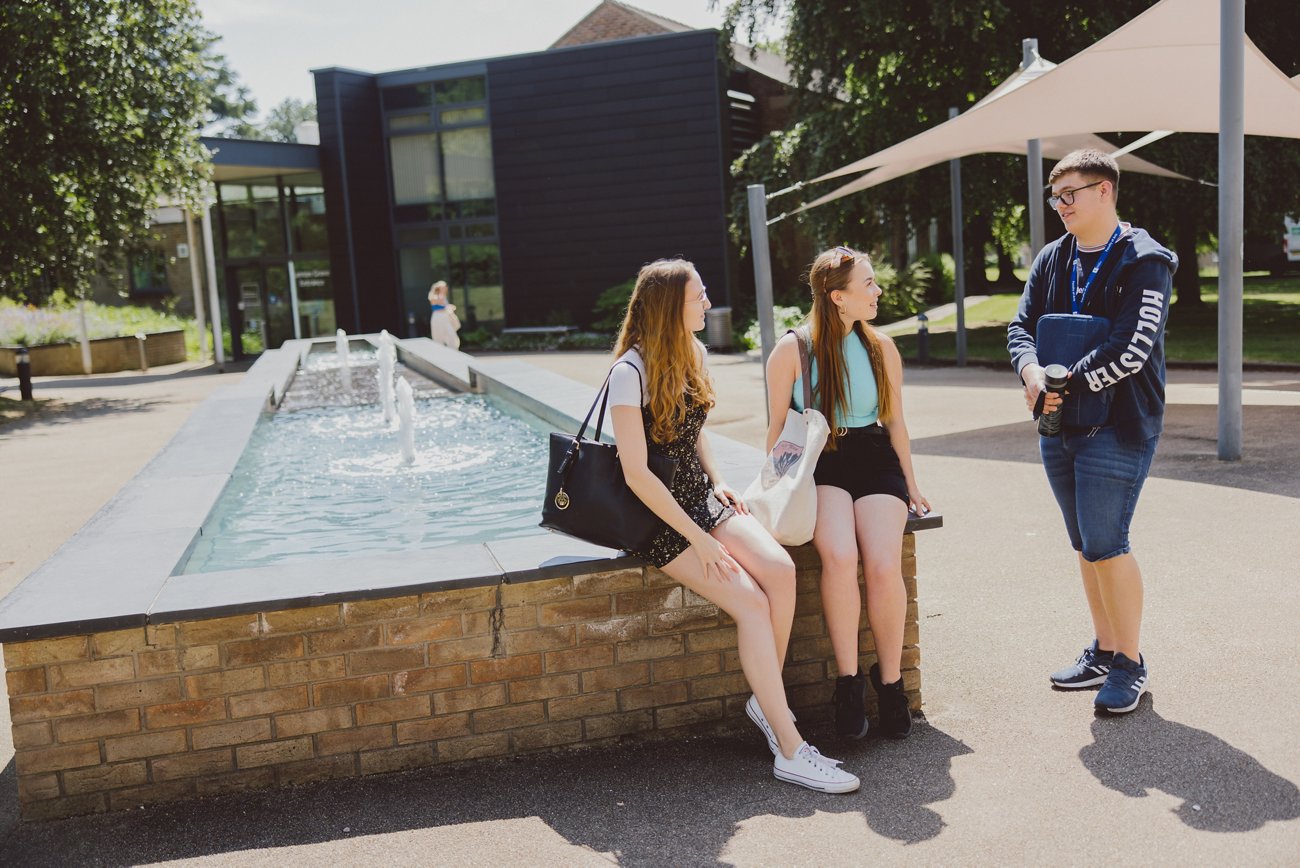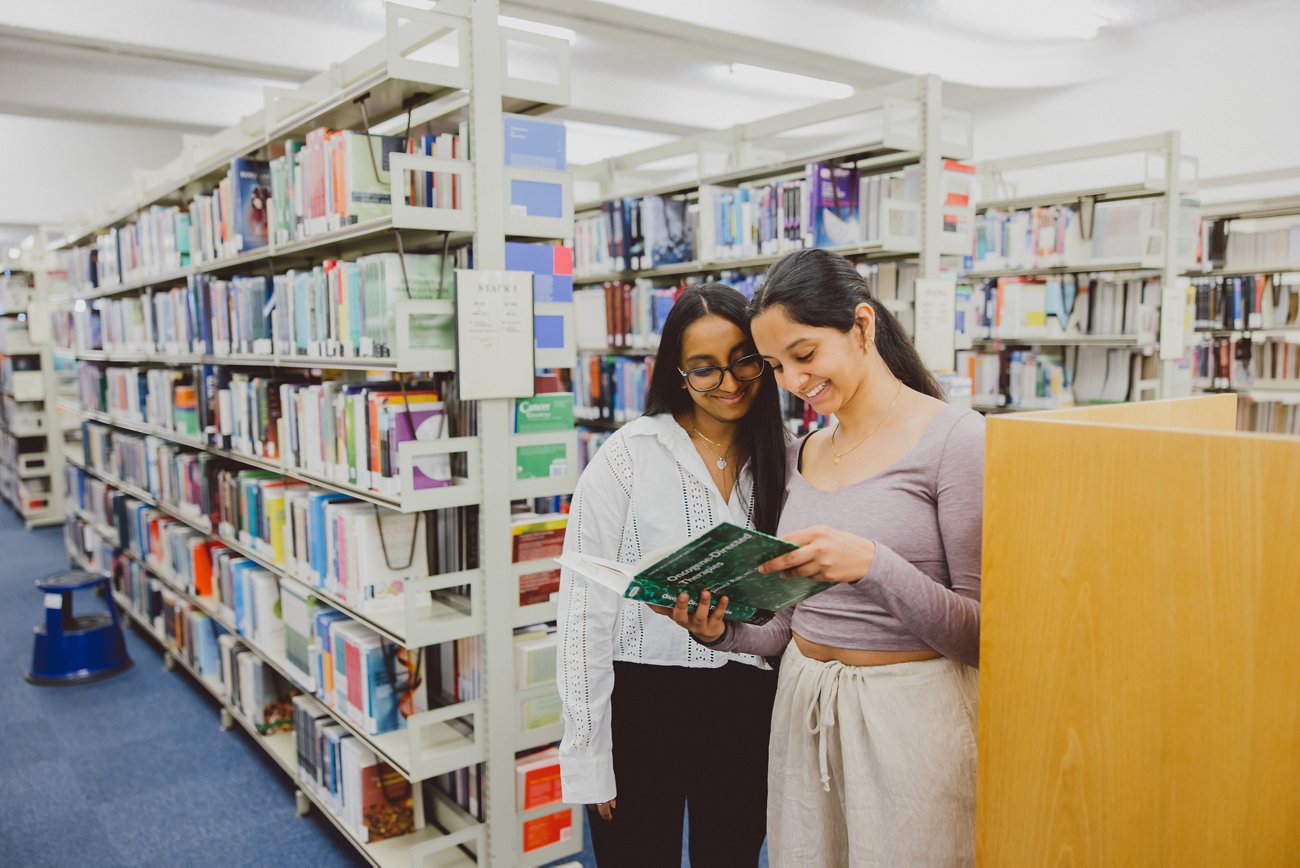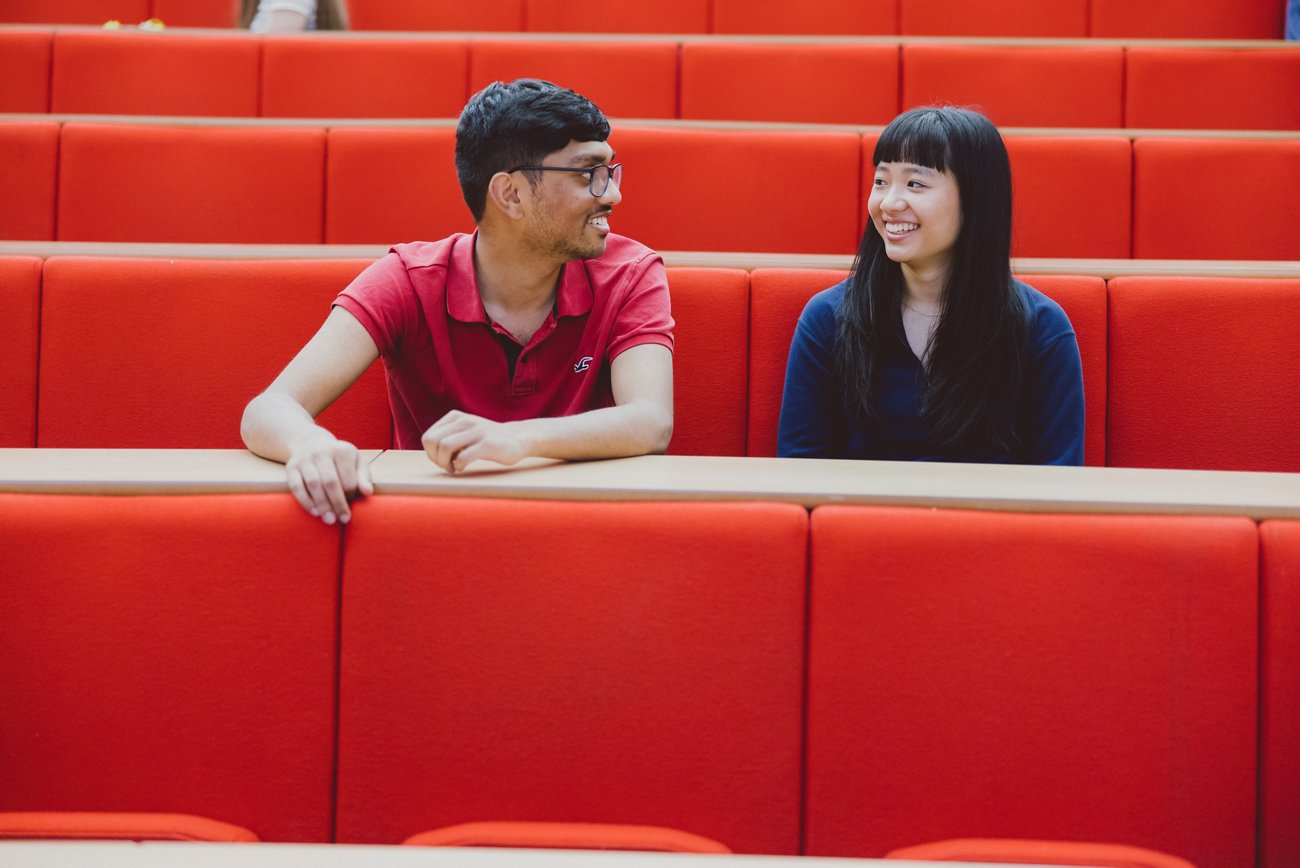Richard’s research focuses on injury prevention and prehabilitation (enhancing function before participation in sport to reduce injury) using exercise and technology. He is currently investigating ways to develop best-practise in injury prehabilitation and rehabilitation of injury. He is also the Course Leader for the Sport Rehabilitation BSc course.
Outside of teaching and research, Richard is involved in the internationalisation of the sport rehabilitation profession and the quality assurance of higher education programmes through the professional and regulatory body; the British Association of Sport Rehabilitators and Trainers (BASRaT).




